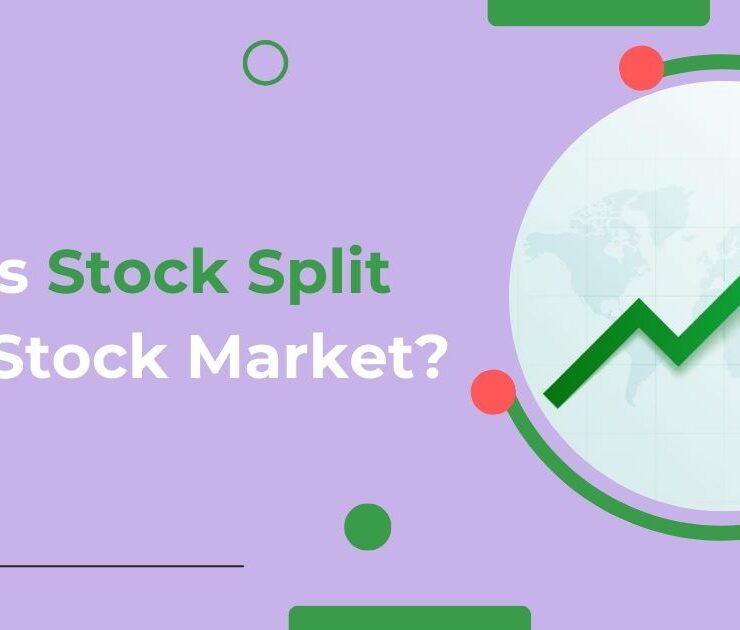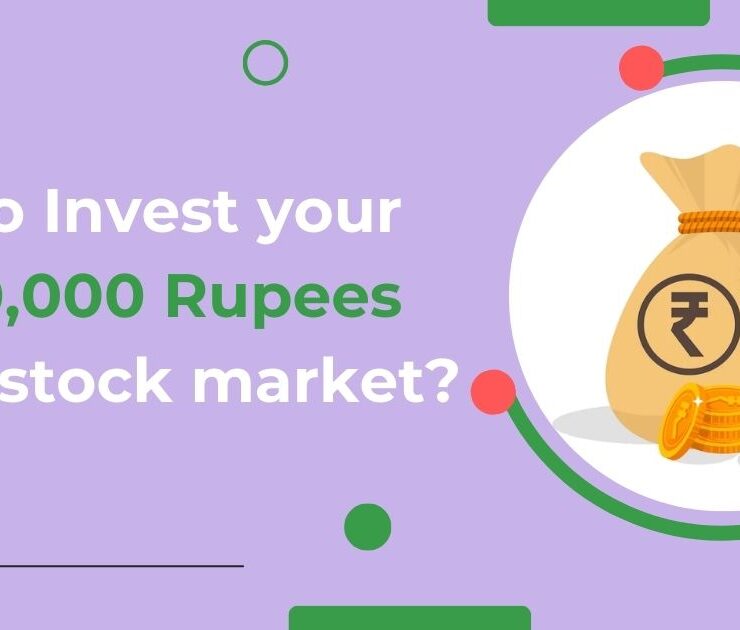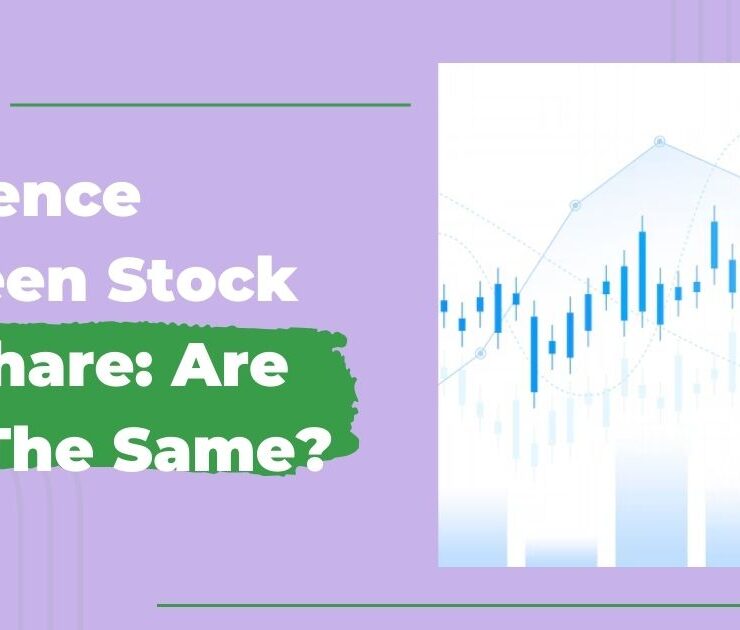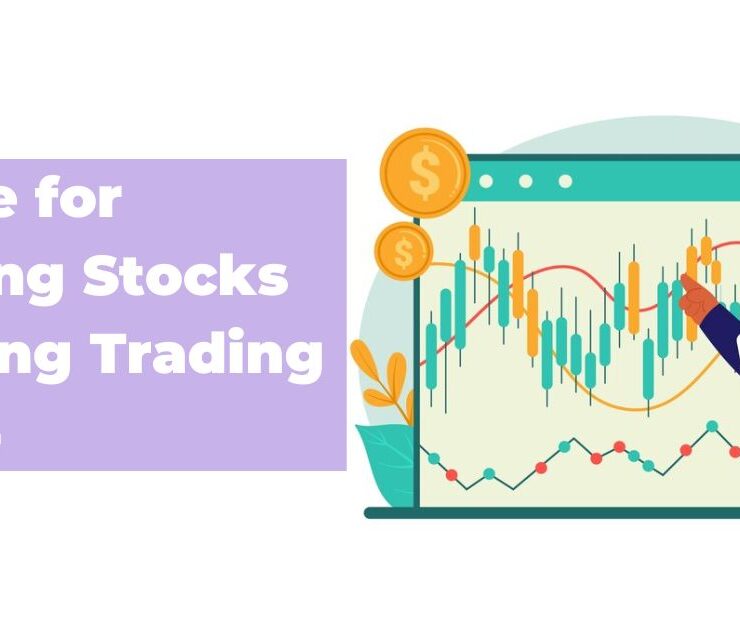What Occurs on the Day of Expiry in the F&O Market?

In finance, the term “expiry date” is pretty standard. You’ve probably seen it on food labels, contracts, and coupons. That date tells you when something expires or is no longer valid. But did you know that there’s an expiry date in the trading world, especially in derivatives like futures and options? Let’s break it down in simple terms.
What Are Derivatives Contracts?
First things first, let’s understand what we mean by derivatives contracts. These are like agreements or contracts based on stocks, commodities, currencies, etc. They come in two flavours: futures and options.
Futures Contracts
Imagine you make a deal to buy something at a specific price on a future date. You can’t change your mind; you must go through with it.
Options Contracts
Now, think of another deal where you have a choice. You can decide whether you want to buy or sell something at a set price on a future date. You have the power to choose; if you don’t want to do anything, you don’t have to.
So, What’s This Expiry Date About?
In the trading world, there’s a day when these futures and options contracts end. Yep, that’s the expiry date. It’s like the deadline for these contracts. But there’s a twist.
For Options Contracts
If you’re dealing with options, you don’t have to worry too much about the expiry date. You can just let the contract expire, and that’s that. But there’s a catch. If you paid some money to get that option, you won’t get it back. It’s like buying a movie ticket and then deciding not to watch the film – you don’t get a refund.
For Futures Contracts
Now, if you’re into futures contracts, it’s different. You can’t just let it slide. You’ve got to do something. You have two choices:
- You can make another deal that cancels out the first one. So, if you agree to buy something in the first contract, you can make a new contract to sell the same thing. It’s like saying, “Never mind, I changed my mind.” But here’s the thing: the prices differ, so you might have to pay some extra or get a bit less.
- The second option is to pay up the cash to settle the contract. If you promised to buy something, you’ll have to cough up the money and buy it. No going back on this one.
Why Does Expiry Matter?
Now, why does this expiry date stuff matter? Well, it has a ripple effect on the stock market. When many of these contracts are ending, things get a bit crazy. Prices can go up and down like a rollercoaster.
See, traders do this thing called arbitrage. They check the prices of these contracts and the actual stuff they’re based on. They might buy and sell items to make a quick buck. This buying and selling can make the market go haywire. But don’t worry; it’s usually short-lived.
The Bottom Line
So, if you’re dabbling in futures and options, know your expiry dates. They’re like your trading deadlines. As a trader, you should also know that the stock market can get wild around these dates. You could make some quick gains or sit it out to avoid losses.
Remember, knowledge is power in the trading world. So, now that you know the deal about expiry dates, use that knowledge wisely in your trading adventures.
Happy trading!








